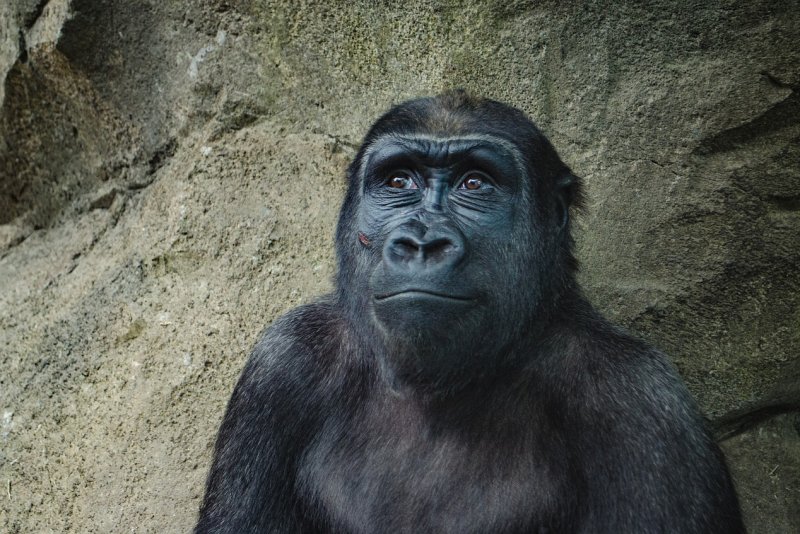Researchers in China have been injecting human cells into monkey embryos. Photo by Pexels/Pixabay
Aug. 1 (UPI) -- Scientists are experimenting with human-monkey chimeras in China. According to a report by Spanish newspaper El Pais, researchers are inserting human cells into monkey embryos in the lab and watching them grow.
The research is being carried out by an international team of researchers led by Spanish-born geneticist Juan Carlos Izpisúa Belmonte, an expert in pluripotent stem cells who operates a lab at the Salk Institute for Biological Studies in California. Researchers from China, Spain and the United States are involved.
As the MIT Technology Review summarized, the purpose of the experiments is to create "human-animal chimeras," or more specifically, human-monkey hybrids. Chimeras are single organisms made up of cells with different genotypes.
Most research involving chimeras is aimed to developing techniques for growing human organs for transplantation. Izpisúa Belmonte has previously worked on similar chimera experiments involving human cells and pig embryos. The human cells failed to take hold and grow. Izpisúa Belmonte has, however, successfully grown mouse-rat hybrids.
According to El Pais, the experiments were conducted in China for legal reasons. It is illegal to use federal funds for human-monkey hybridization research in the United States.
Project collaborator Estrella Núñez told the newspaper the "results are very promising" and a necessary first step in the quest to grow human organs for transplant. He also said that no human-monkey hybrids have been born. The embryos are terminated after they are observed for several days.
Pablo Ross, a veterinary researcher at the University of California, Davis, who worked with Izpisúa Belmonte on the pig-human chimeras, thinks there could be other reasons -- besides growing organs -- for experimenting with human-monkey hybrids.
"I always made the case that it doesn't make sense to use a primate for that," Ross told MIT. "Typically they are very small, and they take too long to develop."
Scientists in China have previously inspired international criticism for experiments involving genetic modification of human embryos. British and Korean researchers have also been criticized for cloning human embryos.
According to Núñez, researchers built in safeguards to avoid certain ethical problems. For example, the stem cells are designed to self-destruct before they can migrate to the brain and begin building human neurons.
"What we want is to make progress for the sake of people who have a disease," Núñez told El Pais.















